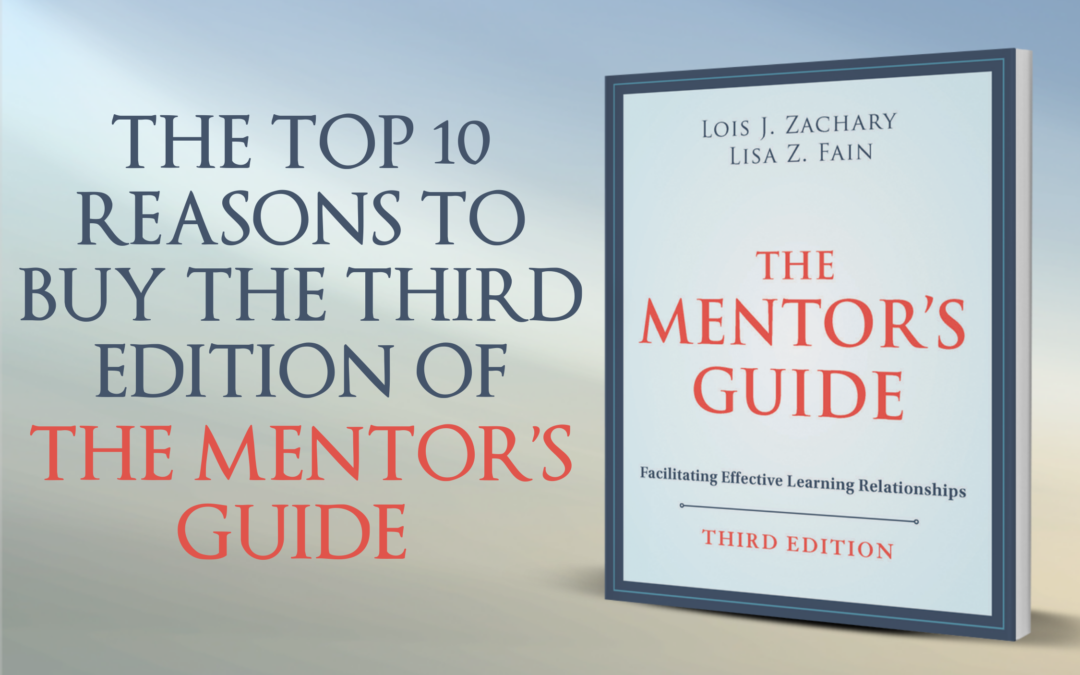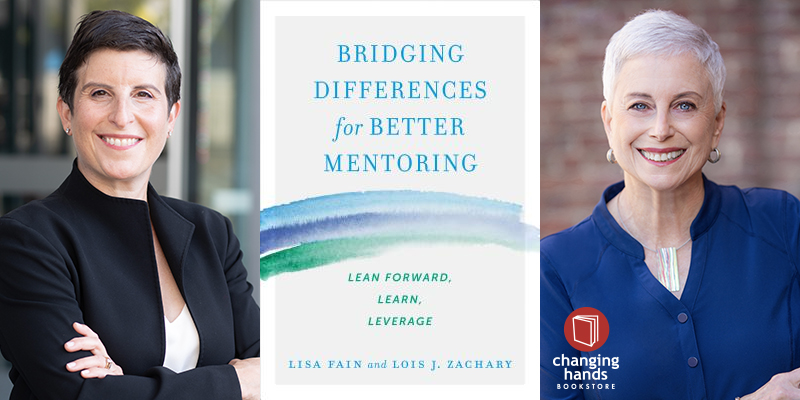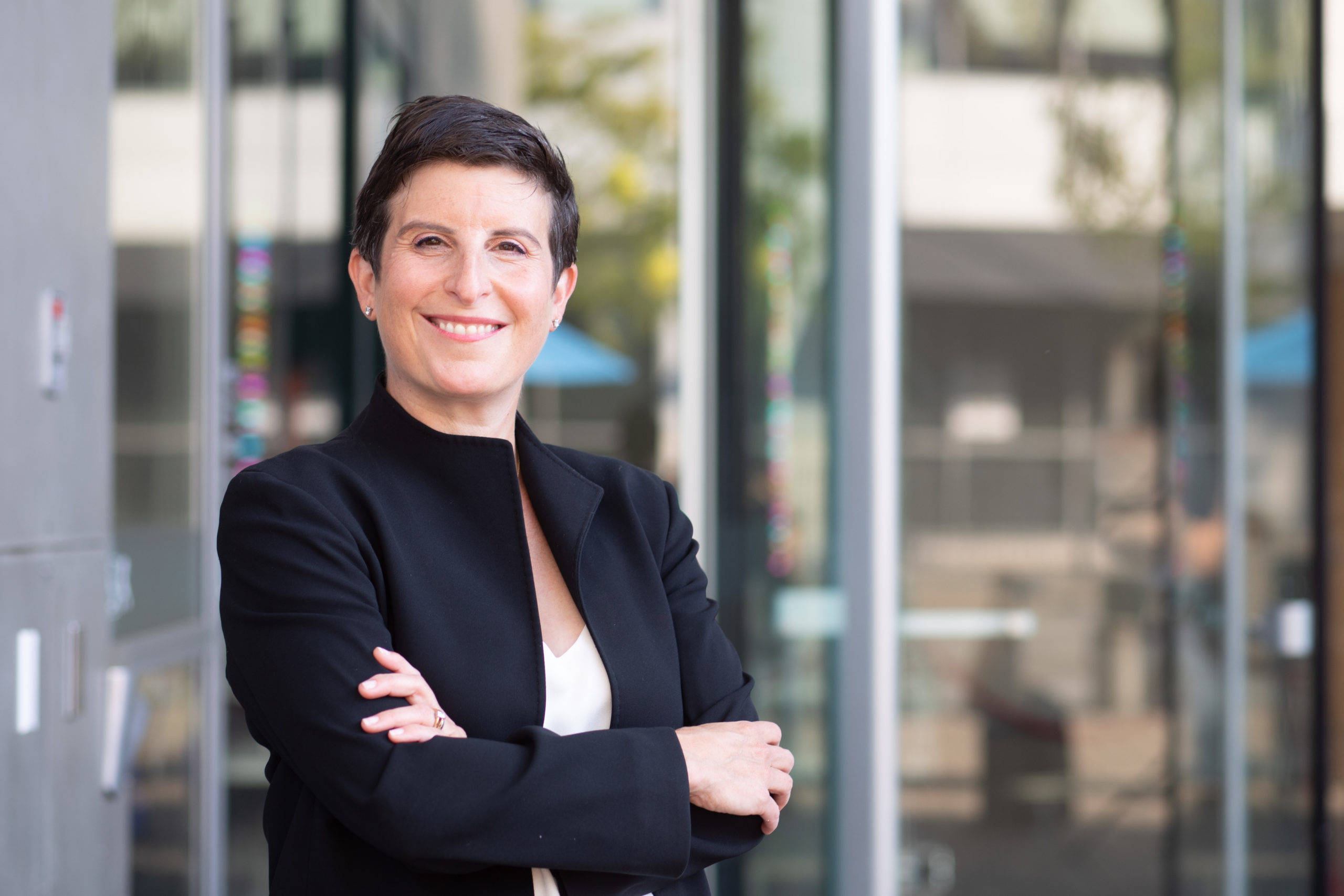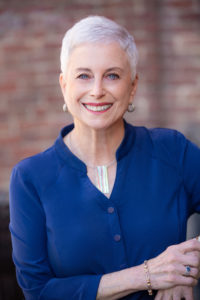
Top Ten Reasons to Buy The Mentor’s Guide, Third Edition
Major Changes to the 3rd Edition
Major Changes to the Third Edition
Since the first edition appeared in 2000, interest in and knowledge about adult learning and development has grown exponentially. We now recognize that adult learning is more than a cognitive process; it is a multidimensional phenomenon. The uniqueness of the adult learner has been accentuated over the last decade as we continue to learn about more the complexities of the brain, multiple types of intelligence, and our emotional selves. All of this has meant fundamental changes for mentoring, and for this guide. Among the major changes:
- A full two chapters are now devoted to the importance of context and connecting in mentoring, including an exploration of the context of difference and the context of how people come together to connect with one another in the relationship.
- Conversation between mentors and mentees are drawn from actual mentoring experiences in a variety of situations, including business, government, nonprofit, and higher education, and reflect the diversity of the global workplace.
- There is more discussion and emphasis on mentoring relationships embedded in context including a consideration of the context of other differences—sexual orientation, gender, and race—in the mentoring relationship, with many examples
- The chapter on the context of connection has been expanded to include physical, virtual, and personal context, with special attention to how virtual mentoring connections offer new ways to create and enhance positive mentoring relationships.
- The section on mentoring matches addresses seeking, selecting and evaluating a potential mentoring relationship.
- Additional examples have been included along with an enhanced mentor skills list and updated approaches for starting your mentoring relationship.
- The goal setting process has been expanded from SMART goals to SMARTer goals, adding to the specificity and measurability of the process.
- There is an enhanced conversation guide to help mentors evaluate mentee learning goals, full consideration of emotional triggers that impact mentoring and guidance for co-creating your mentoring partnership
- Includes more emphasis on trust, including the dynamics of self-trust and interpersonal trust
- Includes updated and enhanced content on feedback including how to get back on track when stumbling blocks get in the way. Explores the dynamics of the feedback process with many more examples and a feedback checklist for mentors.







